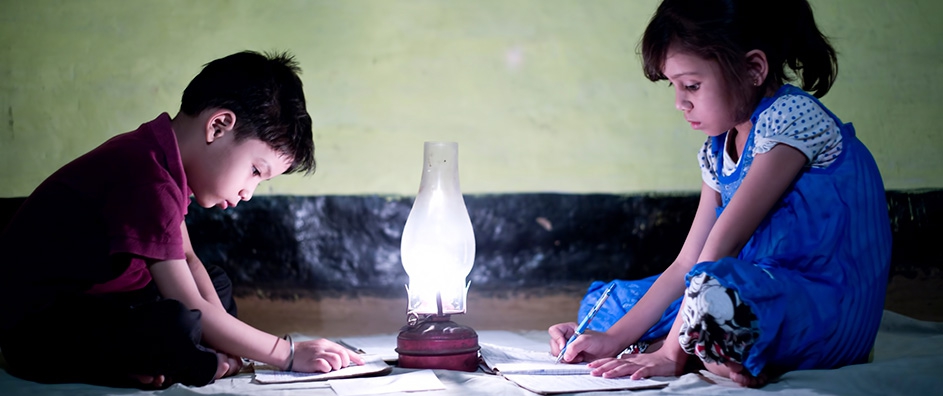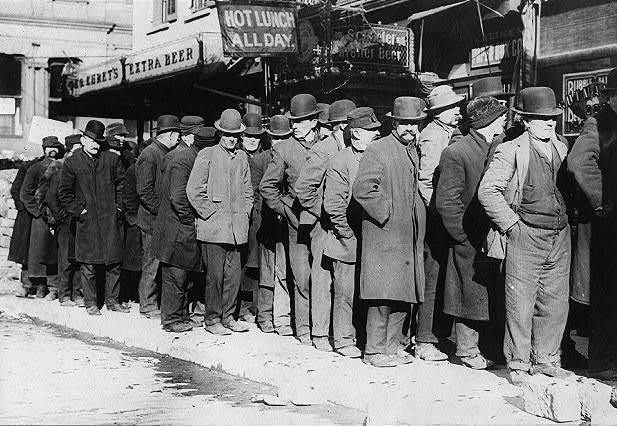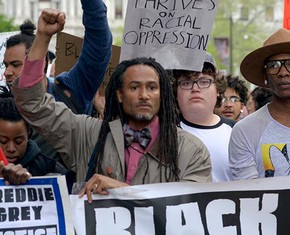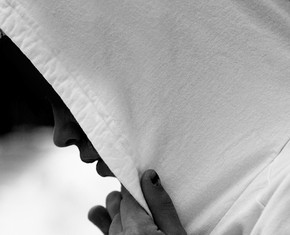The views expressed in our content reflect individual perspectives and do not represent the authoritative views of the Baha'i Faith.
I cannot do all the good that the world needs. But the world needs all the good that I can do. – Jana Stanfield
Speak out in acts; the time for words has passed, and only deeds will suffice. – Alfred North Whitehead
To be successful in struggle requires remembrance of the Creator and the doing of good deeds. – H. Rap Brown
The principle of faith is to lessen words and increase deeds. – Abdu’l-Baha, Tablets to Louis Gregory.
For many years, I helped run a large non-profit social service agency for homeless people in Los Angeles. During that period, I had the honor and privilege of spending time with some of my country’s most troubled, poorest and humblest souls. I met the people society discarded: HIV-positive, IV-drug addicted prostitutes; people with severe mental illnesses; alcoholics and heroin users; mothers who had lost their children; children who had lost their mothers. Everyone I knew there had walked a hard, hard road.
When I first started out doing that work, I’m ashamed to admit, in my subconscious I harbored a pretty harsh and common prejudice against poor and homeless people. I secretly thought of them all as skid row bums, losers, people without the willpower or strength of character to get themselves out of a bad situation. Luckily, the homeless people I came to know as individuals quickly taught me that my prejudices were typical of all pre-judging—they had no basis in fact. I learned, after a year or two, that I invariably made a serious mistake when I judged others before I knew them. I learned that every human being has immense challenges, and that some of us can’t overcome them, especially in our dog-eat-dog economic system. I learned that anyone, at any time, can fall into abject poverty—most of us are just a paycheck or two away from that fate. I learned that, by and large, poor and homeless people have great wisdom, courage and spiritual depth.
It takes guts to sleep on the sidewalk. Try it some night if you don’t believe me. It’s like sleeping in the open jungle, only the predators in many poor communities are Homo Sapiens, the most dangerous of all the apex species.
Despite my unwarranted prejudices when I started, I wanted to do something to help poor people for two reasons—first, I grew up pretty poor myself; and second, the Baha’i teachings asked me, as a Baha’i, to put my Faith into action. I kept reading, just about everywhere I looked in the Baha’i writings, that true faith requires deeds, not just words. Those deeds, Abdu’l-Baha showed the Baha’is, could help reconstruct society, and reconstruct our individual souls, too. Abdu’l-Baha’s remarkable example—he took care of the poor and homeless people in his own city, to such a great degree that he became known there as The Father of the Poor—galvanizes people all over the world, whether Baha’is or not:
O People! The word must be demonstrated by the deed, for the righteous witness of the Word is action. The former without the latter shall not allay the thirst of the needy nor open the door of sight to the blind. – Abdu’l-Baha, Star of the West, Volume 1, p. 7.
The highest and most successful way to spread the Cause of the Kingdom is by deeds. This is open to all. Join yourselves to those who work for the poor, the weak and the unfortunate; this is greatly to be commended. – Abdu’l-Baha, Star of the West, Volume 1, p. 8.
When Abdu’l-Baha came to the United States, one of the very first places he went was the Bowery Mission in New York City, the Skid Row of the time. He met and spoke to 2,000 homeless men there and consoled them about their poverty, saying:
The Bowery Mission — where Abdu’l-Baha visted in New York
I feel tonight great joy and happiness to be in this place, because my meetings and callings have ever been mostly with the poor, and I call myself one of them. My lot has ever been with those who have not the goods of this world. When we look at the poor of humanity, we behold a world of brothers. All are the sheep of God; God is the real shepherd. The poor have ever been the cause of the freedom of the world of humanity; the poor have ever been the cause of the up-building of the country; the poor have ever laboured for the world’s production; the morals of the poor have ever been above those of the rich; the poor are ever nearer to the threshold of God; the humanitarianism of the poor has ever been more acceptable at the threshold of God. – Abdu’l-Baha, Star of the West, Volume 2, p. 8.
Do not consider your poverty a degradation. The greatest of men have always been poor, the poets, and philosophers and benefactors of the race. Christ had nowhere to lay his head. The Messengers of God are ever overwhelmed by poverty and persecution. Moses was an outcast, and Muhammad a wanderer and an exile. Baha’u’llah suffered the utmost poverty and oppression, and I have known nothing but poverty and prison walls. – Abdu’l-Baha, Star of the West, Volume 5, pp. 5-6.
When people I knew learned that I worked with homeless people, I would constantly get this one question: “What should I do when I’m walking down the street, and a homeless person asks me for money? I mean, I feel bad for them, but what if they spend it on drugs?” What they were really asking, of course, was “What’s the most moral response to homelessness and poverty? What’s my role and responsibility to a poor person who asks me for help?”
I heard that question so often that I had to think of a reply I really believed in. After searching for a while, I found it in Abdu’l-Baha’s advice to a Baha’i who had asked him the same basic question:
To live the Life you must be the very kindest woman, you must be the most pure, you must be absolutely truthful, and live a perfectly moral life. Visit your neighbours when they are sick or in trouble, offer your services to them, try to show them that you are longing to serve them.
Feed the poor, divide what you have. Be contented to remain where God has placed you; be faithful in your care of those to whom He has trusted you, never waver in this–show by your life you have something different, so that all will see and will say, ’What has this person that I have not?’
Show the world that in spite of the utmost suffering, poverty, sickness, you have something which gives you comfort, strength and peace–that you are happy–serene–satisfied with all that is in your life. Then they, too, will want what you possess–and will need no further teaching–after you tell them what it is. – Abdu’l-Baha, Star of the West, Volume 9, p. 86.

















Comments
Sign in or create an account
Continue with Googleor